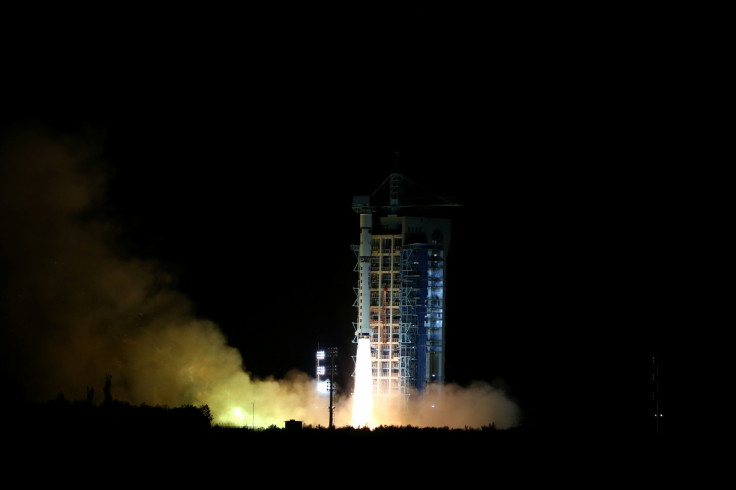China launches world's first quantum communications satellite that is hack-proof
The satellite will help enable secure communication between Beijing and Xinjiang's Urumqi.
China has successfully launched the world's first quantum satellite that is designed to establish hack-proof communications between space and the ground. It was launched from the Jiuquan Satellite Launch Center located at China's northwestern province of Gansu at 1.40am local time on 16 August.
The satellite, Quantum Experiments at Space Scale (Quess), is nicknamed Micius after a fifth century BC Chinese scientist, who is said to be the first to conduct optical experiments.
As quantum communication features ultra-high security, it is impossible to intercept or crack details that are being transmitted through it. The new satellite would help scientists conduct secure communication between Beijing and Xinjiang's Urumqi.
Scientists are now expecting quantum communications to change human development in another 20 to 30 years, and the new generation of communication could be applied in various fields such as defence, military and finance.
"The newly-launched satellite marks a transition in China's role — from a follower in classic information technology (IT) development to one of the leaders guiding future IT achievements," Pan Jianwei, chief scientist of the Quess project with the Chinese Academy of Sciences (CAS), told the official Xinhua news agency.

Pan said scientists are planning to test quantum key distribution between Quess and ground stations in Austria, Italy, Germany and Canada, as these countries are willing to cooperate with China in the future development of quantum satellite constellations. The scientists are now eyeing a ground-to-satellite quantum communication system enabling global scale quantum communications.
Quantum communications in the past were achieved in short range, Pan explained, as loss of photons in transmission meant quantum information could travel only 500km through optical fibres on the land.
Pan said his team has planned to initiate new projects that include research on quantum control and light transmission in the space station, and tests on quantum communications between satellite, all-time quantum communications and the application of quantum key distribution.
Pan said, "If China is going to send more quantum communication satellites into orbit, we can expect a global network of quantum communications to be set up around 2030."
© Copyright IBTimes 2024. All rights reserved.





